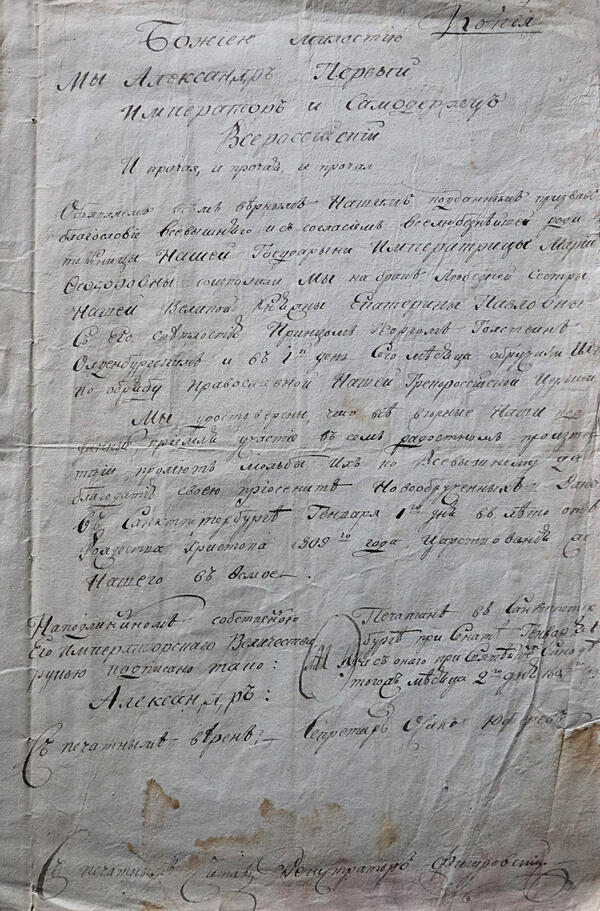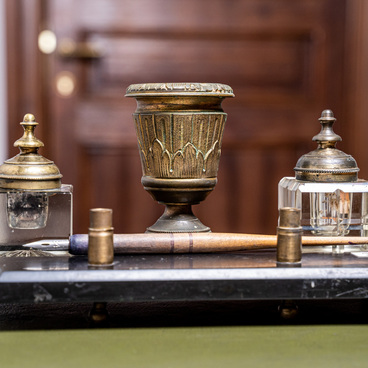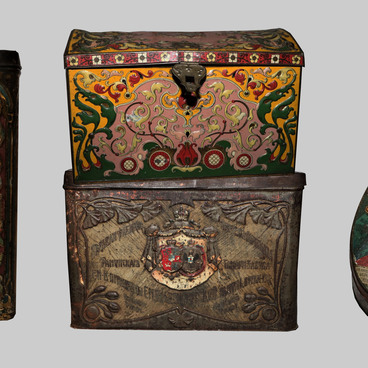The Manifesto on the betrothal of Grand Duchess Ekaterina Pavlovna to Prince George Holstein-Oldenburg was signed by Emperor Alexander I on January 1, 1809. Its copy was intended to inform the people about that event. On the territory of the Russian Empire, manifestos were usually read in churches.
An interesting story is associated with the wedding of Prince George of Oldenburg to Ekaterina Pavlovna. Napoleon Bonaparte wooed the Grand Duchess because he wanted to become related to the Romanovs' house. Empress Maria Feodorovna was not eager to have such a son-in-law. Her daughter Ekaterina was even more categorical and said that she would sooner become the wife of a stoker than a Corsican.
Therefore, a cunning diplomatic move was invented. Napoleon was told that, unfortunately, when his letter with a marriage proposal was received, Ekaterina had already agreed to marry another person, Prince George of Oldenburg.
The bride and groom were cousins to each other. In 1809, a magnificent wedding took place, and the newlyweds departed for Tver. Prince George of Oldenburg was appointed governor-general of the Tver, Yaroslavl and Novgorod provinces and the head of the department of waterways with a residence in Tver, which at that time was considered one of the most beautiful cities in the empire. The couple settled in the Tver Imperial Travel Palace, which was intended for the rest of members of the imperial family on the way from St. Petersburg to Moscow, from where it got its name. The palace with two pavilions was built in 1764-1766 in the classicism style with baroque elements based on the project of Petr Nikitin.
With the arrival of Grand Duchess Ekaterina Pavlovna, the Tver Dvor actually became a rival of St. Petersburg. The atmosphere in Ekaterina Pavlovna’s salon was notable for its severity and was permeated with undisguised political ambitions. The Grand Duchess was known as the patroness of Russian literature and enjoyed the attention of poets and writers, of whom the most famous were Gavriil Derzhavin, Nikolay Karamzin and Vasily Zhukovsky.
In 1812, Prince George of Oldenburg died of typhus. In her second marriage, Ekaterina Pavlovna became the queen of Wurttemberg.



